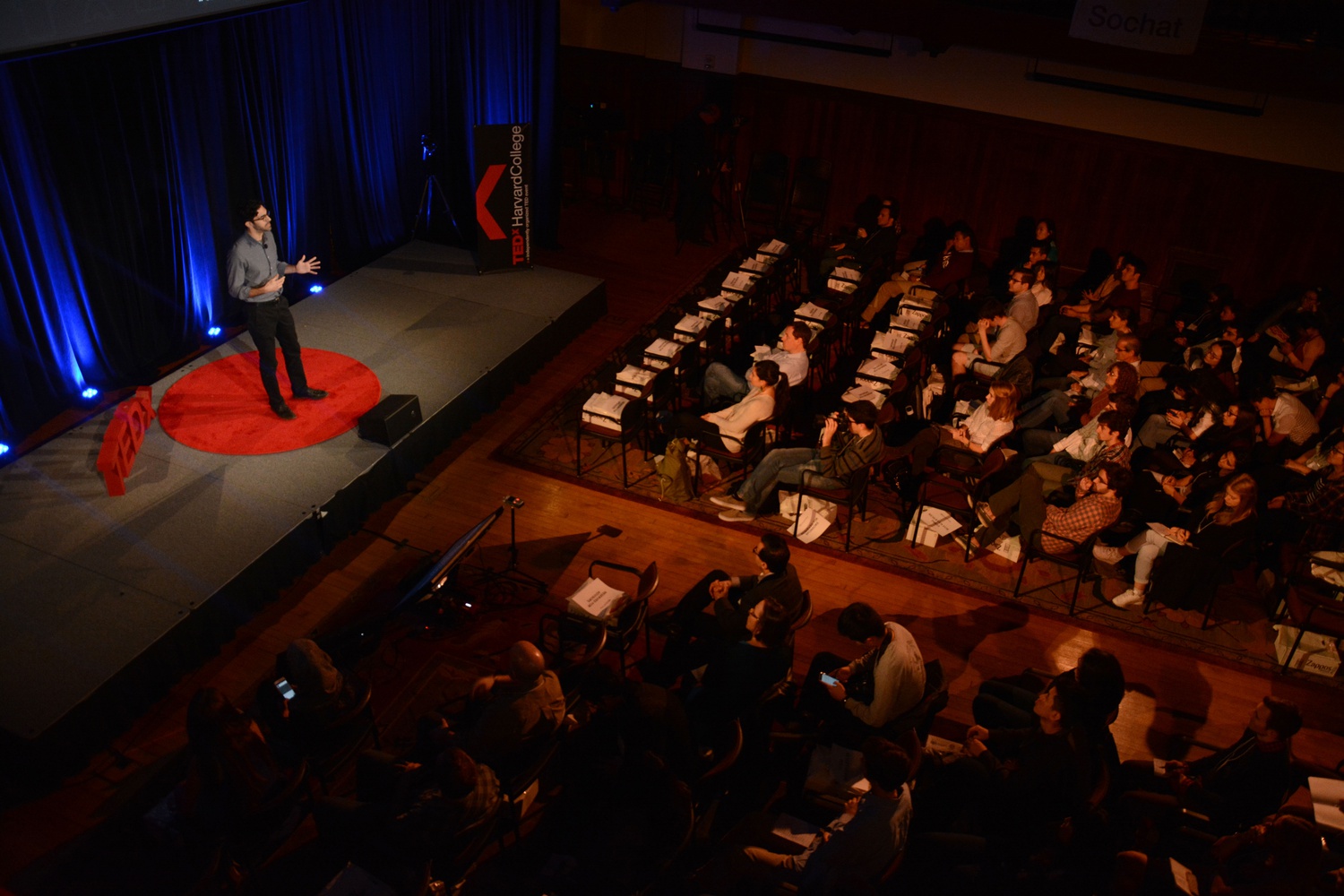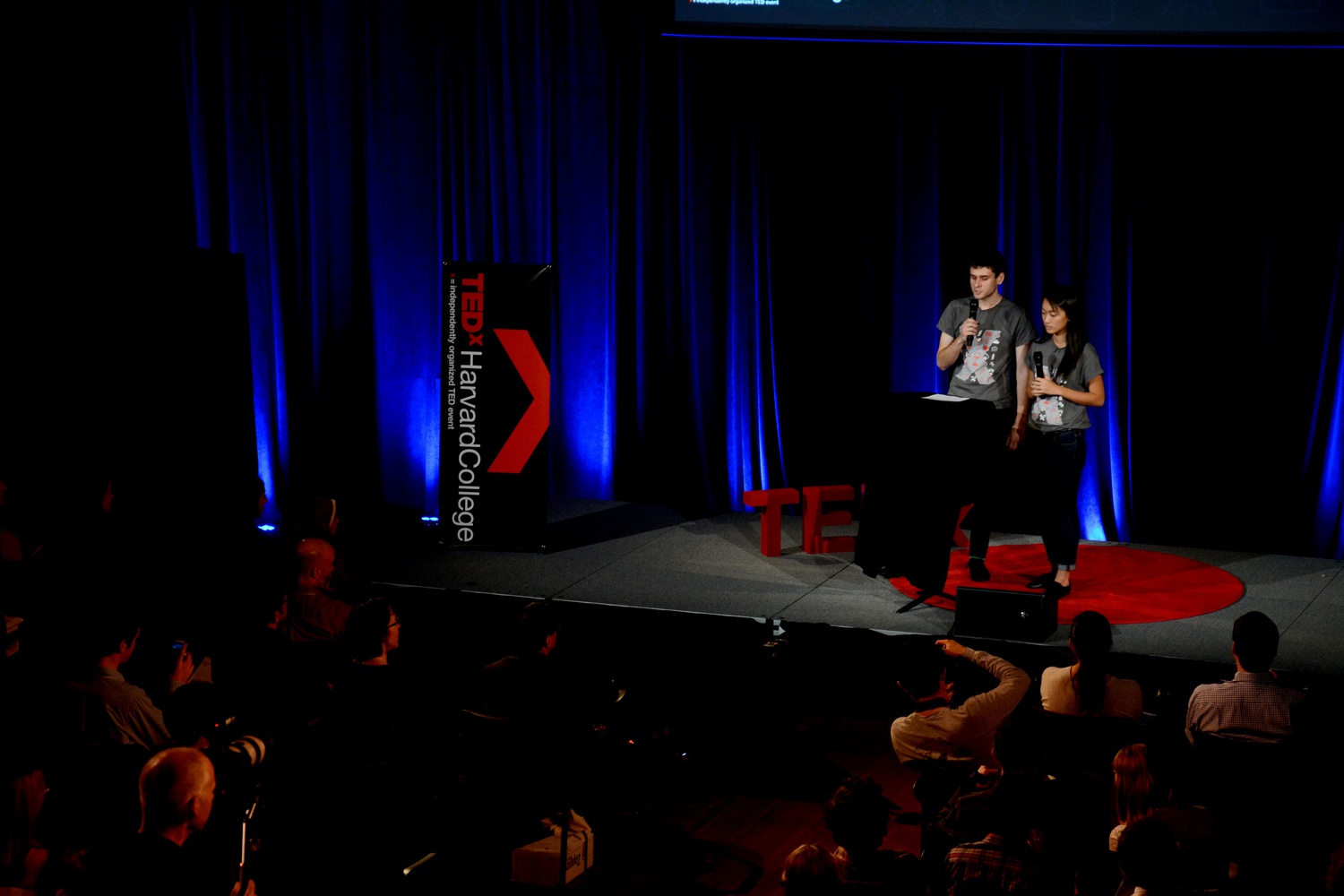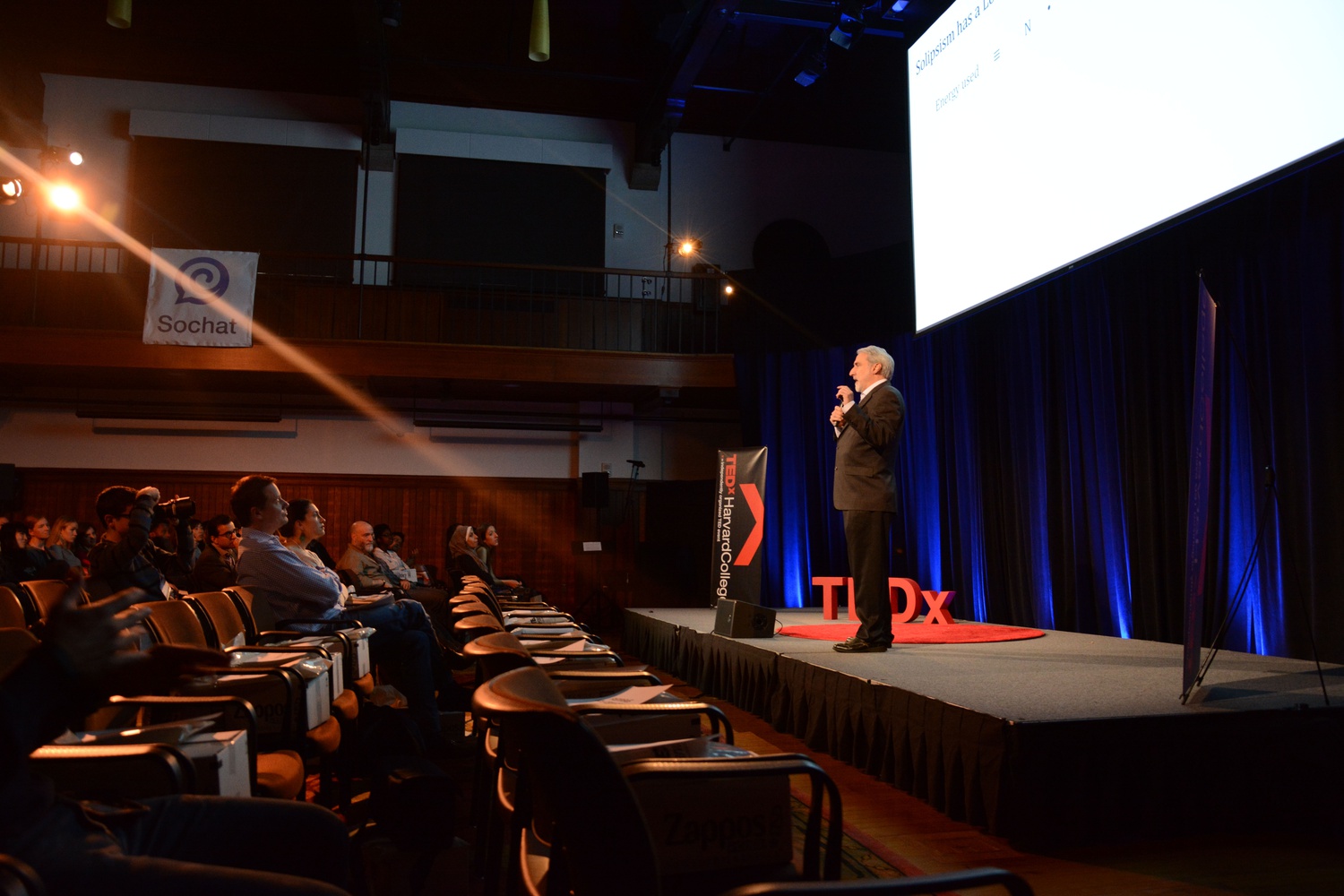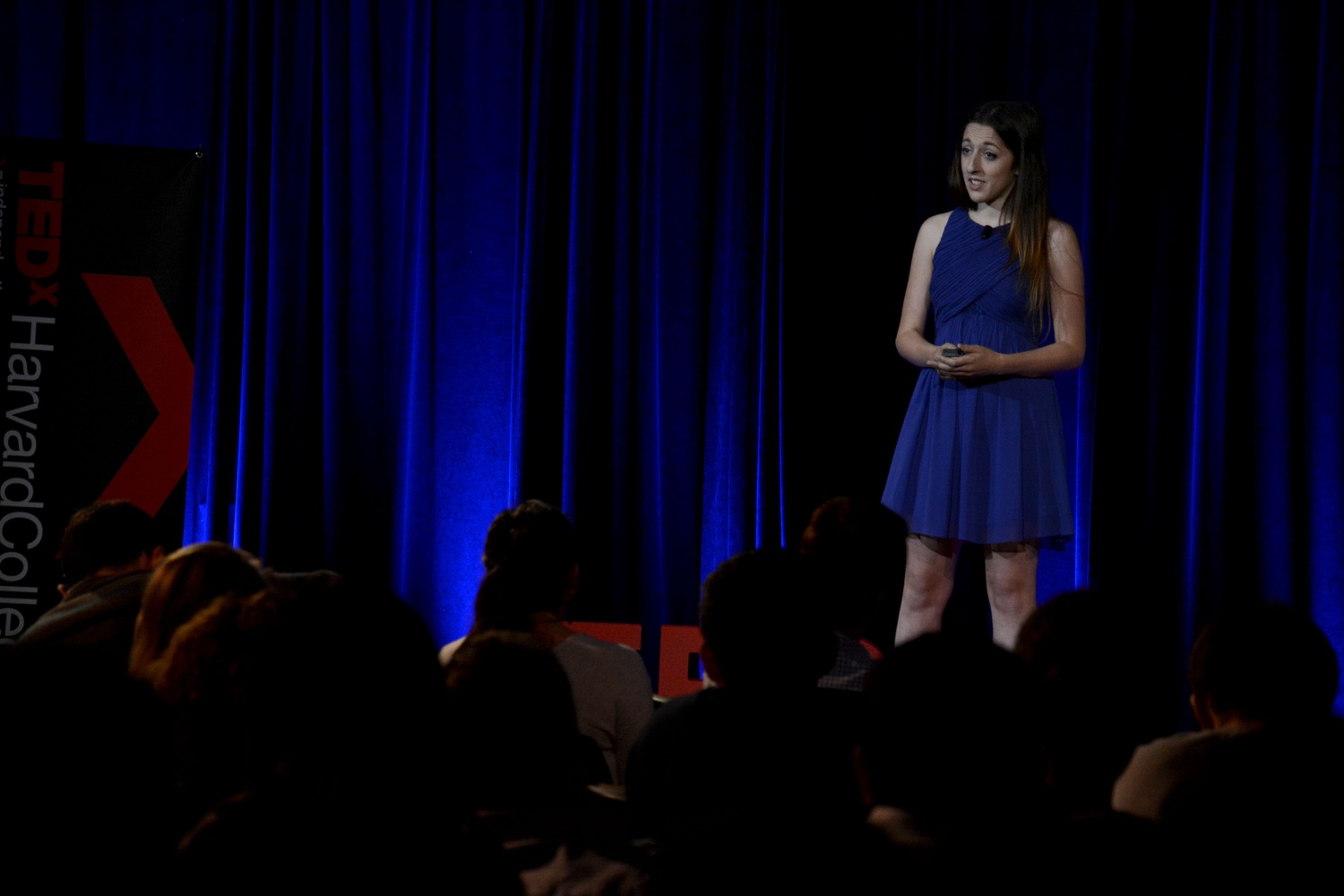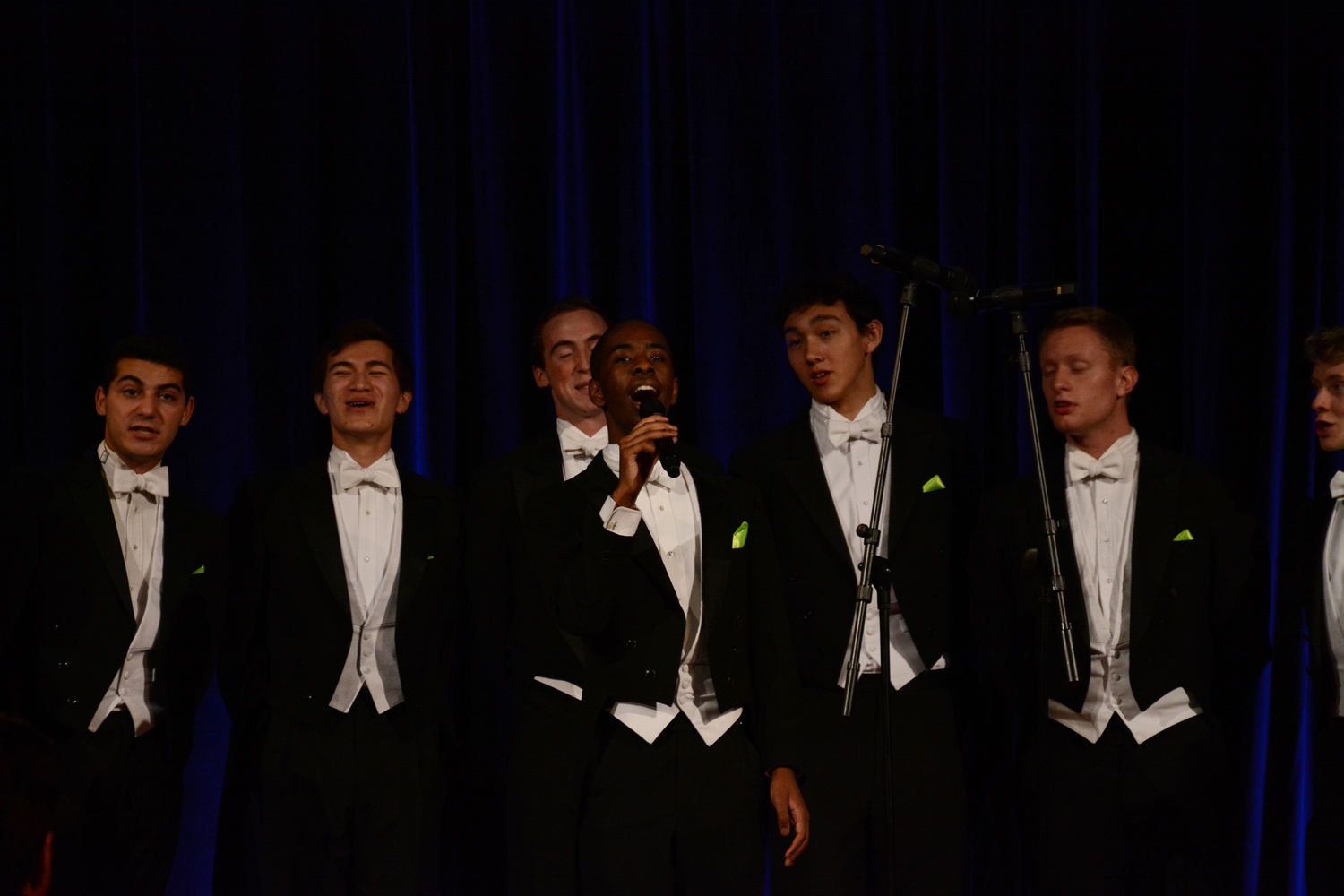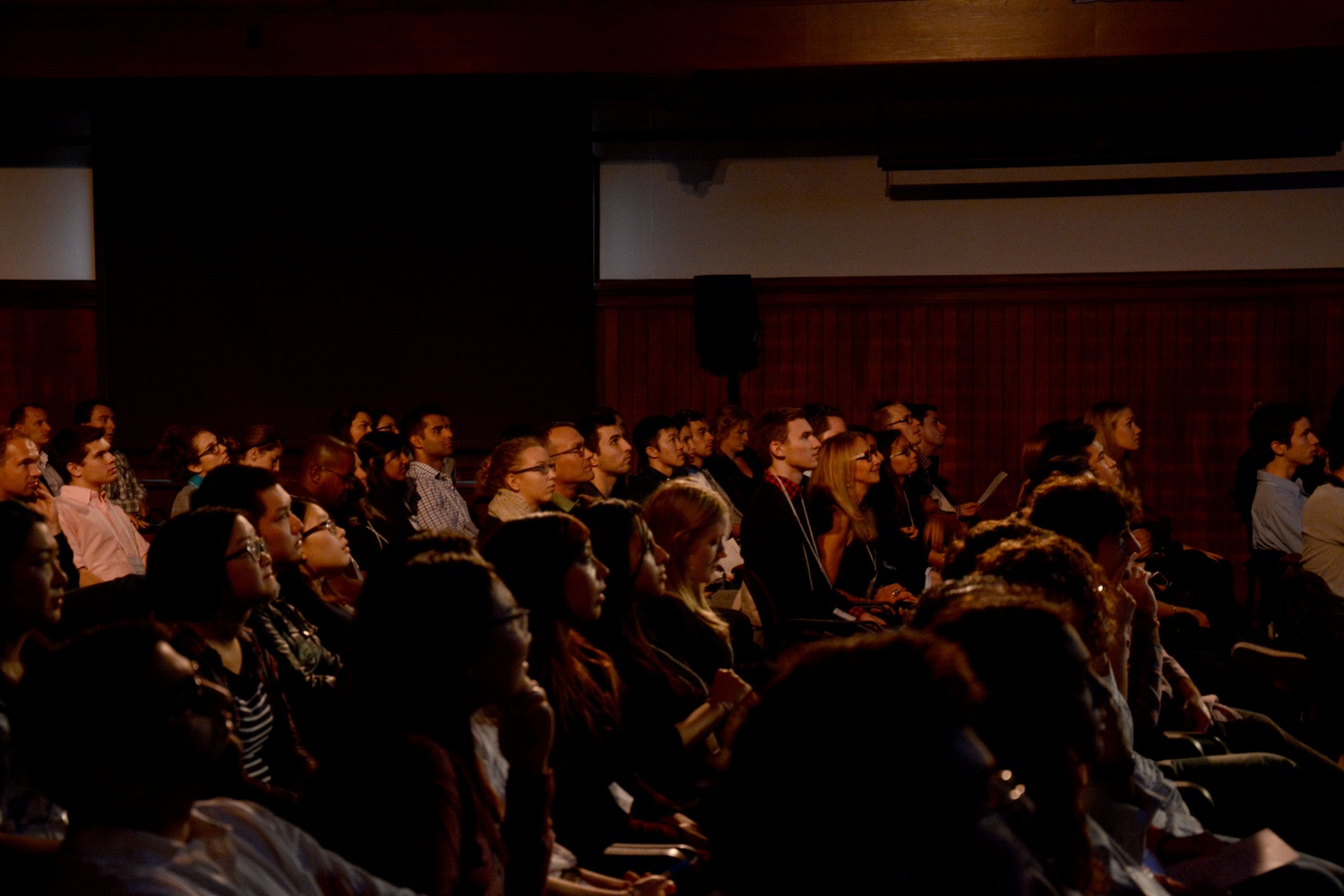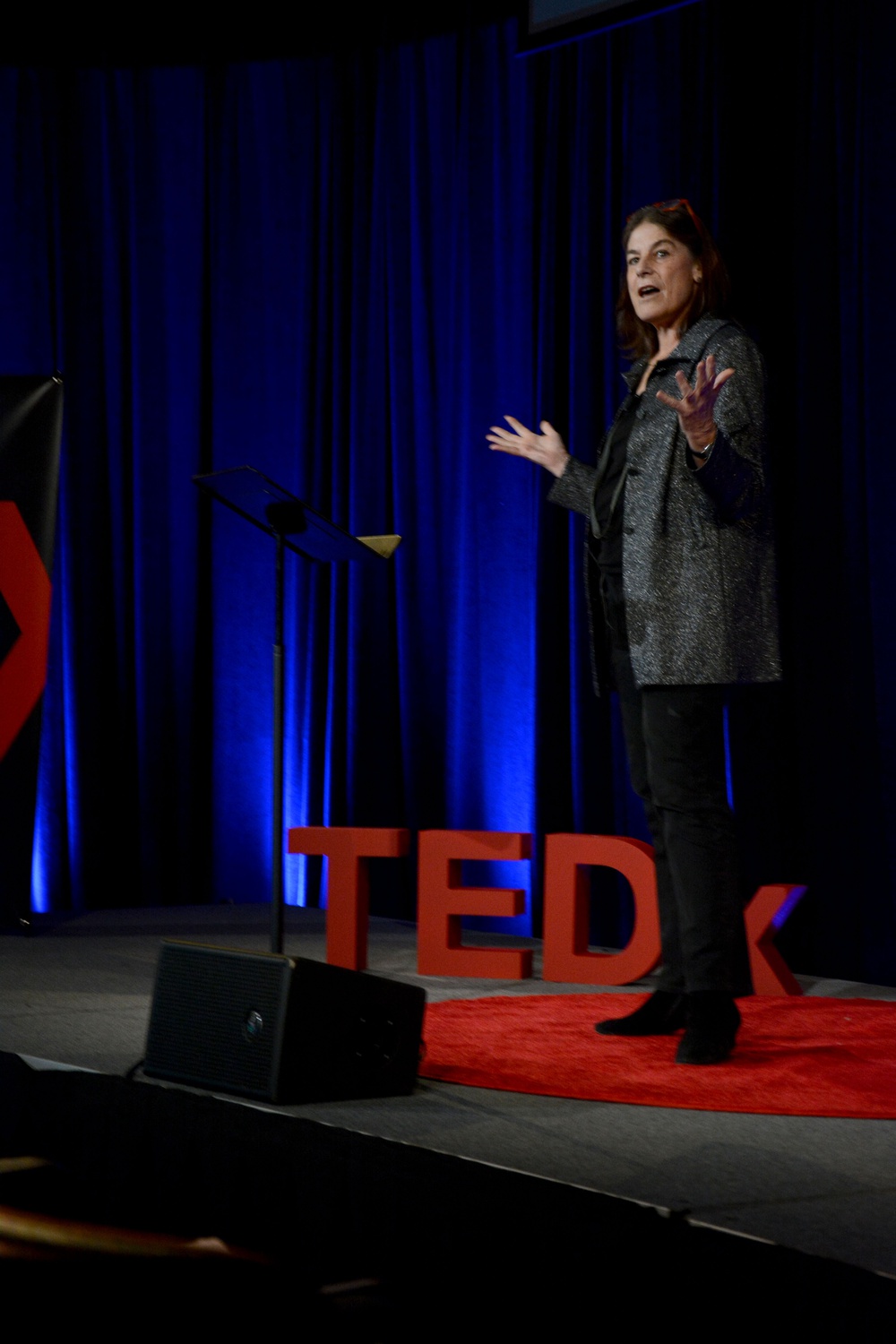
News
Garber Privately Tells Faculty That Harvard Must Rethink Messaging After GOP Victory

News
Cambridge Assistant City Manager to Lead Harvard’s Campus Planning

News
Despite Defunding Threats, Harvard President Praises Former Student Tapped by Trump to Lead NIH

News
Person Found Dead in Allston Apartment After Hours-Long Barricade

News
‘I Am Really Sorry’: Khurana Apologizes for International Student Winter Housing Denials
Harvard TEDx Event Talks ‘Surviving and Thriving in 2050’
TEDxHarvardCollege—the first TEDx event held at Harvard—brought hundreds of people to the Radcliffe Knafel Center Saturday as various Harvard affiliates discussed the challenges and opportunities they say will accompany the global population’s expected growth to nine billion by 2050.
The event, entitled “9 Billion: Surviving and Thriving in 2050,” followed the format of the popular Technology, Education, and Design conferences. Student-organized TEDx events, which are organized independently of TED itself, have been popular on college campuses in recent years, but Christian G. B. Haigh ’17 and Eva Shang ’17 noticed that the platform was missing at Harvard, prompting them to organize Saturday’s event.
“From school to school, people don’t communicate, and people don’t connect, and I think that too much of the research that is really interesting and groundbreaking and innovative going on at Harvard is not well-known by the world at large,” Shang said. “That’s why I think the TED platform is so powerful.”
The first half of TEDxHarvardCollege focused on addressing the social, environmental, medical, and energy problems that speakers said will come with a great population increase.
Harvard applied physics professor David W. Keith, once named one of TIME Magazine’s heroes of the environment, made a case for research into solar geoengineering, which looks to combat rising global temperatures by reflecting a portion of the sun’s radiation.
Daniel G. Nocera, Harvard’s director of graduate studies in chemistry and chemical biology, called for developing infrastructure that would allow for more efficient and innovative ways to harness solar energy. As an example, he presented his work to create artificial leaves that convert solar energy to storable and usable hydrogen.
Nina L. Hooper ’16 also delivered a presentation at the event after she won a competition earlier this year that selected the student speaker. Her talk focused on the possibility of asteroid mining and her research at the Harvard-Smithsonian Center for Astrophysics, where she is working to develop methods to detect platinum deposits within asteroids.
“I see [exploring] space as a new way of thriving,” Hooper said after her presentation.
During the intermission, Yonatan Girma ’19 and Daniel S. Menz ’19 listed Hooper’s presentation as being among the “most provocative.”
“She made [platinum mining] not seem far-fetched,” Girma said. “That someone so young is implementing these ideas—that’s incredible.”
In the second half of the event, poet and Radcliffe fellow Sarah Howe performed a poem exploring individual and national identity, and war photojournalist Eman Mohammed spoke about her work documenting the intersection of pain and hope.
Harvard Business School professor Michael I. Norton, meanwhile, challenged the audience to think about wealth distribution. Norton’s previous TED talk has attracted nearly 3 million views.
Concluding the event, Haigh said, “We hope you’ve been galvanized to act in 2050.”
Want to keep up with breaking news? Subscribe to our email newsletter.

